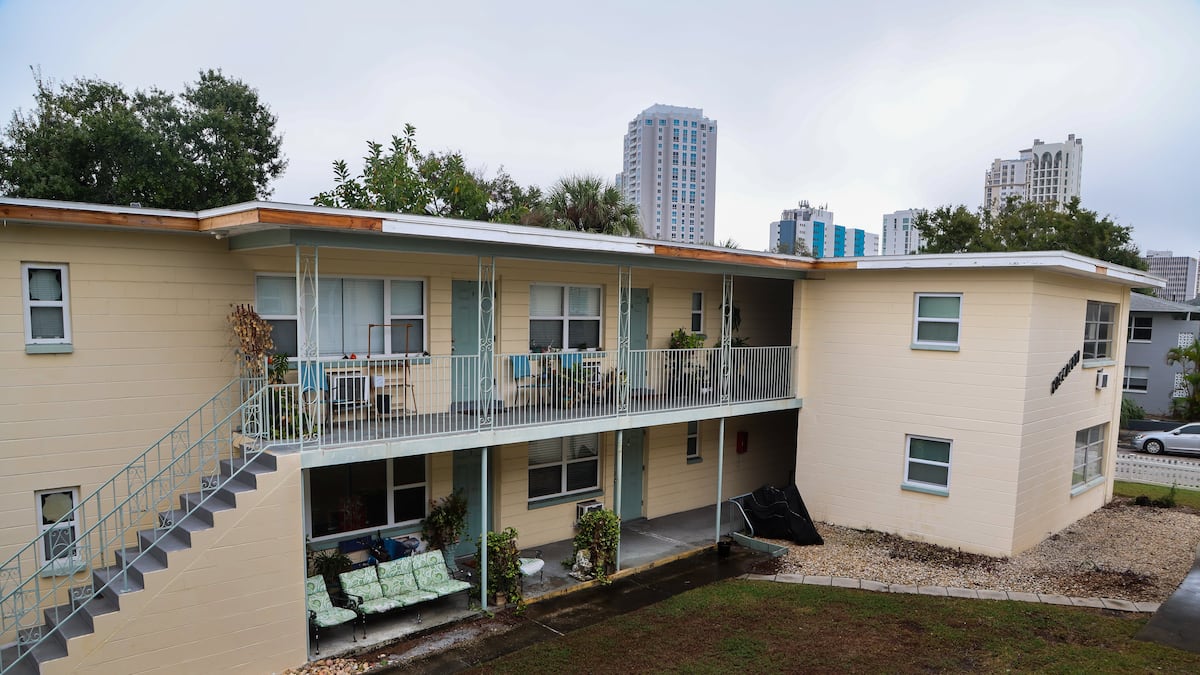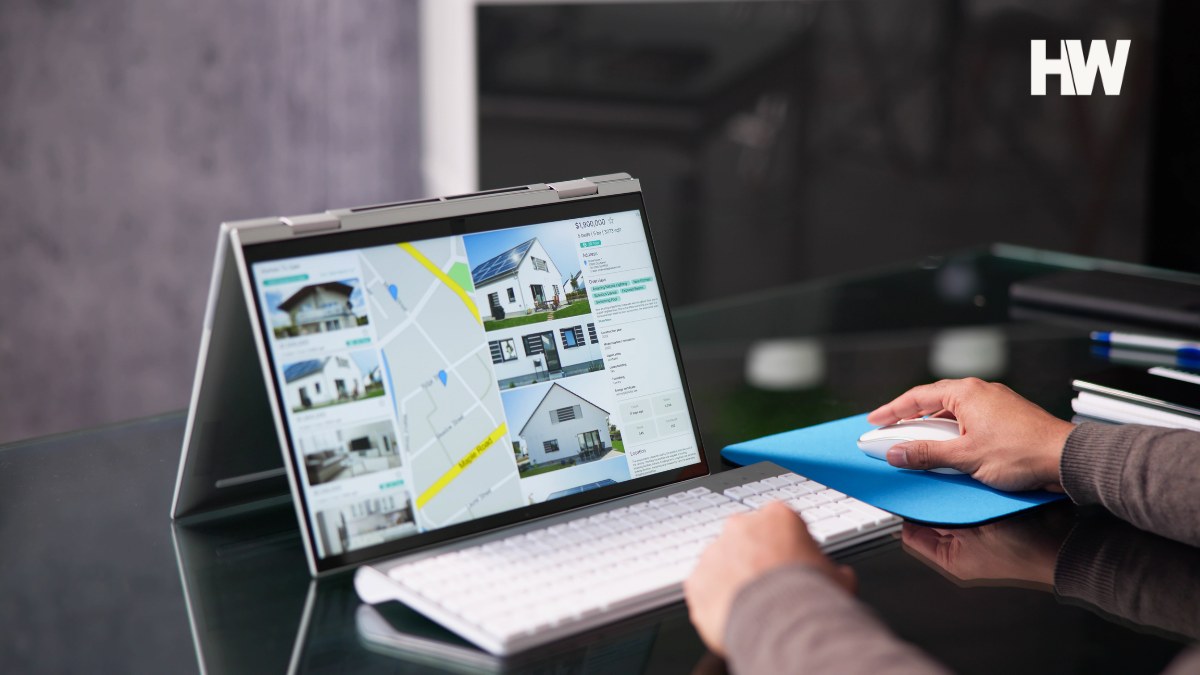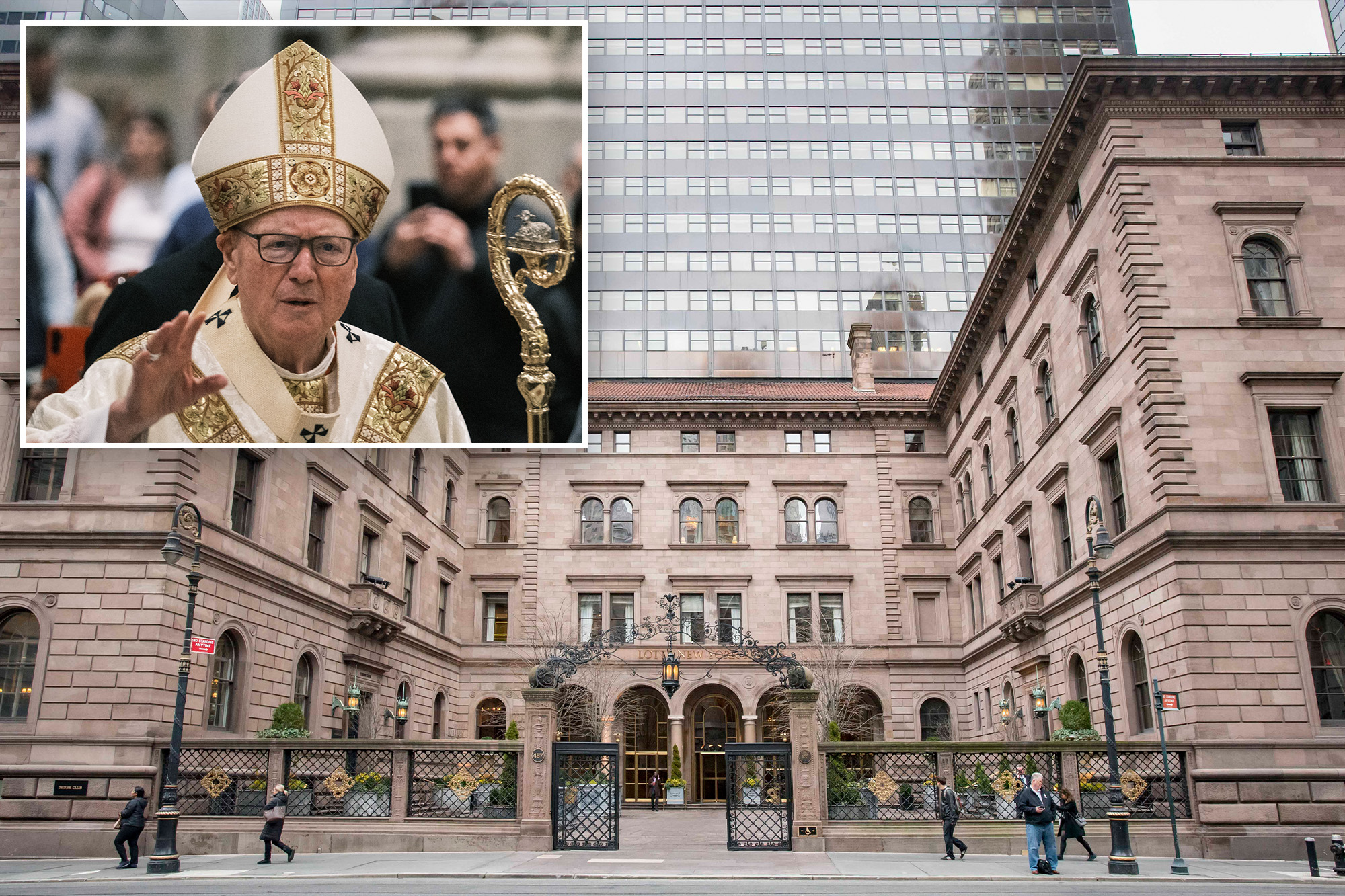B
oston's Affordable Housing Landscape Shifts with CEDAC's Innovative Funding
In a major breakthrough for Boston's low- and moderate-income residents, the Community Economic Development Assistance Corporation (CEDAC) has launched the Small Property State Acquisition Fund (SPAF) Program. This pioneering initiative aims to safeguard tenants from displacement and preserve long-term affordable housing in the city.
Through SPAF, CEDAC is providing up to $450,000 in zero-interest, deferred-payment loans to nonprofit organizations for small residential properties with one to eight units. These 30-50 year terms are designed to complement existing municipal and state-level programs, ensuring a comprehensive approach to affordable housing acquisition.
"We're not just building new homes; we're preserving the ones that already exist," said Ed Augustus, Secretary of the Executive Office of Housing and Livable Communities. "Every property saved and every family kept in their home strengthens our communities."
CEDAC's Roger Herzog highlighted the program's significance: "SPAF provides critical financing to protect tenants and maintain affordability in smaller properties. We're grateful for Governor Healey's leadership on affordable housing."
The Mayor's Office of Housing has also contributed acquisition funding to support these efforts.
Three nonprofit organizations have been selected to receive SPAF financing, leveraging funds to acquire and maintain affordable housing units in Boston neighborhoods:
* The Boston Neighborhood Community Land Trust acquired a 1935 two-family home with 2,618 square feet of living space. Both units will remain affordable for households earning at or below 80% AMI.
* Chinatown Community Land Trust purchased a three-story brick rowhouse in the historic district, featuring one studio unit (restricted to 80% AMI) and one three-bedroom unit (restricted to 60% AMI). The current family living in the three-bedroom unit will remain in their home.
* Dorchester Bay Economic Development Corporation (DBEDC) acquired a four-unit rowhouse with a vacant lot, including three two-bedroom apartments and one one-bedroom unit. DBEDC has committed to maintaining affordability for at least 30 years, with two units restricted to 80% AMI and two to 60% AMI.
This funding marks a significant step in stabilizing neighborhoods and ensuring long-term housing security for Boston residents.














